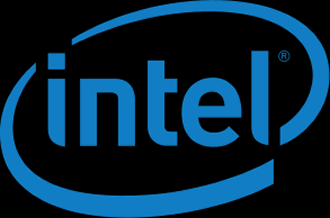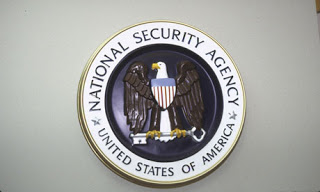 The US Senate Judiciary Committee has approved a plan which would give mobile-phone users the right to “unlock” their devices and use them on competitors’ networks.
The US Senate Judiciary Committee has approved a plan which would give mobile-phone users the right to “unlock” their devices and use them on competitors’ networks.
The bill by Senate Judiciary Committee Chairman Patrick Leahy, a Democrat of Vermont, is similar to legislation passed by the House of Representatives in February and is expected to have bipartisan support when it reaches the Senate floor for a vote.
In 2012 ruling by the Library of Congress, who looks after US copyright law, made phone-unlocking illegal. Unlocking could sent you to jail where you cannot pass go or collect $200.
The move supported US wireless carriers who were “locking” smartphones to their networks to encourage consumers to renew mobile contracts.
However, there is some move amongst the wireless carriers to make it easier for consumers to unlock their phones after their contracts expire.
Leahy’s bill reinstates the exemption given to mobile phones in the copyright law before the 2012 ruling and calls on the officials there to reconsider the issue during its next round of reviews in 2015, potentially expanding the exemption to tablets and other devices.
In addition to allowing consumers to unlock devices themselves, Leahy’s bill would allow consumers to authorise someone else to do it for them.















